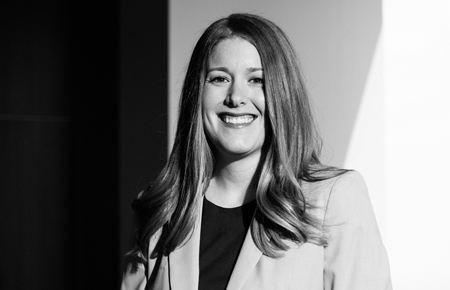BVA Partner Laurie-Leigh White answers ESOP-related questions and highlights the unique aspects of ESOP valuation.
Q: What are the mechanics of an ESOP? How does it work?
A: Employee ownership can be accomplished in a variety of ways. Employees can buy stock directly from a company, be given the stock (or options or some type of synthetic equity) as a bonus, or obtain stock through a profit sharing plan. Employee ownership also comes in the form of the ESOP, or employee stock ownership plan. ESOPs are most commonly used to provide a market for the shares of departing owners of closely held companies, to motivate and reward employees, or to take advantage of incentives to borrow money for acquiring new assets in pretax dollars. In almost every case, ESOPs are a contribution to the employee, not an employee purchase. An ESOP is a kind of employee benefit plan, similar in some ways to a profit-sharing plan. An ESOP is established when a company owner “sells” the company to a trust and is paid with a loan. Over time, the company pays off the loan with operating cash flow and grants ownership shares to employees which vest over time.
Q: It's like a management buyout, but instead it's the all the employees participate, not just management?
A: Exactly, that's right. And the employees don’t pay for it.
Q: What does an ESOP accomplish?
A: It accomplishes a transition for the seller, tax efficiencies for the company, and equity for employees. An extra benefit is an increase in employee retention and morale. For example, we have a client (in the dealership space) that had been having a really tough time retaining their mechanics. That company formed an ESOP, did a good job with messaging the ESOP to its employees, and now there is much higher morale, buy-in, and hardly any turnover in the service and parts department. It was a total turnaround.
Q: What kind of company is a good candidate for an ESOP?
A: An ESOP works well in the context of a seller with a well-reasoned exit and succession strategy, who cares about motivating and retaining employees as well as existing company culture, and who seeks to leave a legacy as a stand-alone company. If becoming an employee-owned company is purely a tax play, without the right cultural and employee motivations, an ESOP may not be effective. Similarly, a seller who seeks to maximize price above all else may find a motivated buyer seeking synergies who will pay more to the seller than he/she will command in a sale to an ESOP. There are significant financial benefits to an ESOP, but they are only realized with the right planning and vision. If the financial benefits are the sole focus of the seller, the ESOP may not be successful.
Q: You light up when talking about your work with ESOPs. Why?
A: It is all the same valuation theory and practice that we do every day in the context of any valuation but applied in a unique situation where I get a seat at the table, year after year, to see how the company adapts to opportunities and challenges. In an ESOP transaction, we negotiate it. We are in every meeting with the trustee, the attorney, and other advisors. In every single meeting, we weigh in, and we negotiate terms, not just purchase price but down to interest rates paid and how many warrants are we going to give up? How much synthetic equity are we going to give to management? Are we going have it retention versus performance synthetic equity, and what does that do to our IRR? And how strongly do we feel about the bonus pool, etc. It is a unique way for us to be able to participate; we get to actively negotiate the transactions, and I think it's fascinating.
As another example, one of our long-term ESOP clients has me speak at their shareholder meeting each year, which includes their 500 employee shareholders. At this point, when I go in for my due diligence meeting, because they buy into the ESOP culture so much, employees will just walk up and engage in conversation with me. They know who I am. “Hey, hope you guys have a good meeting” or “looking for a good stock price this year!” The buy-in has been helpful to the company operationally, too. With COVID, the employees voluntarily took pay cuts because they didn't want to furlough people, and they wanted to try to preserve shareholder value as best they could. The employees are totally bought in as shareholders and actively seek to maximize long-term shareholder value.


